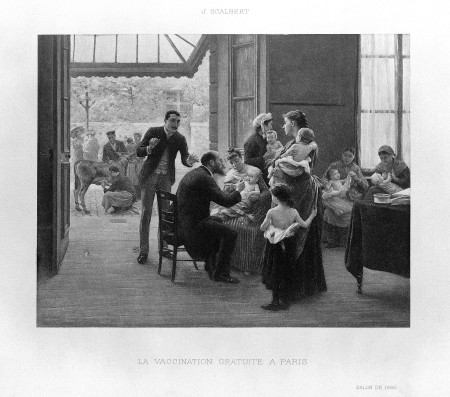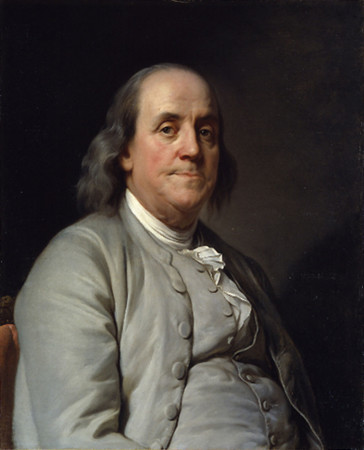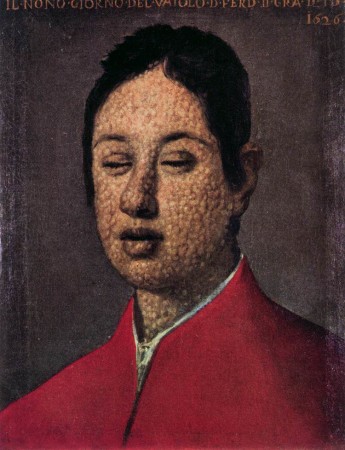 Right now in the headlines there’s a big controversy–in California particularly, but in other states as well–over parents’ right to opt out of having their children vaccinated. As of last week, the California House passed a proposal that would make it illegal for parents to use their family’s personal and religious beliefs as reasons to exempt their children from school vaccinations. Here’s the website for one opt-out movement.
Right now in the headlines there’s a big controversy–in California particularly, but in other states as well–over parents’ right to opt out of having their children vaccinated. As of last week, the California House passed a proposal that would make it illegal for parents to use their family’s personal and religious beliefs as reasons to exempt their children from school vaccinations. Here’s the website for one opt-out movement.
Many of my books touch on the history of infectious diseases, and I’ve lived in parts of the developing world where some of these diseases still occur. So it’s hard to read about parents who have the means to protect their children from so many of these dreaded diseases deciding to opt out of getting them vaccinated.
Let’s turn to Benjamin Franklin for his views on the subject. This is from his autobiography:
“In 1736 I lost one of my sons, a fine boy of four years old, by the smallpox taken in the common way. I long regretted bitterly and still regret that I had not given it to him by inoculation. This I mention for the sake of the parents who omit that operation, on the supposition that they should never forgive themselves if a child died under it; my example showing that the regret may be the same either way, and that, therefore, the safer should be chosen.”
 Smallpox outbreaks occurred periodically in Boston where Franklin lived at the time, and if you caught the disease it either killed you or left you immune (and usually scarred). Whenever the disease returned, it struck young children who’d been born since its last visit, and new people who’d arrived. Franklin would have seen at least four big epidemics strike Boston leading up to the birth of his son.
Smallpox outbreaks occurred periodically in Boston where Franklin lived at the time, and if you caught the disease it either killed you or left you immune (and usually scarred). Whenever the disease returned, it struck young children who’d been born since its last visit, and new people who’d arrived. Franklin would have seen at least four big epidemics strike Boston leading up to the birth of his son.
The clergyman and medical man Cotton Mather learned about the use of the smallpox inoculation from his slave, Onsemus, who came from West Africa, and Mather and his colleague, Zabdiel Boylston, tried inoculating people during the smallpox epidemic of 1721. It was extremely unpopular, because people feared it would give them the disease rather than prevent it. In fact, about 2% of people died, versus 15% mortality the “common” way. (This was seventy years before Jenner’s discovery of the less-ricky cowpox vaccination, 1798.)
Franklin’s sadness and regret suggest he wishes he’d taken that risk. Parents today, especially those with health insurance and/or the means to protect their kids, should heed his words.
| Portrait of Ferdinando II de’ Medici | |
| Date | 1626 |
